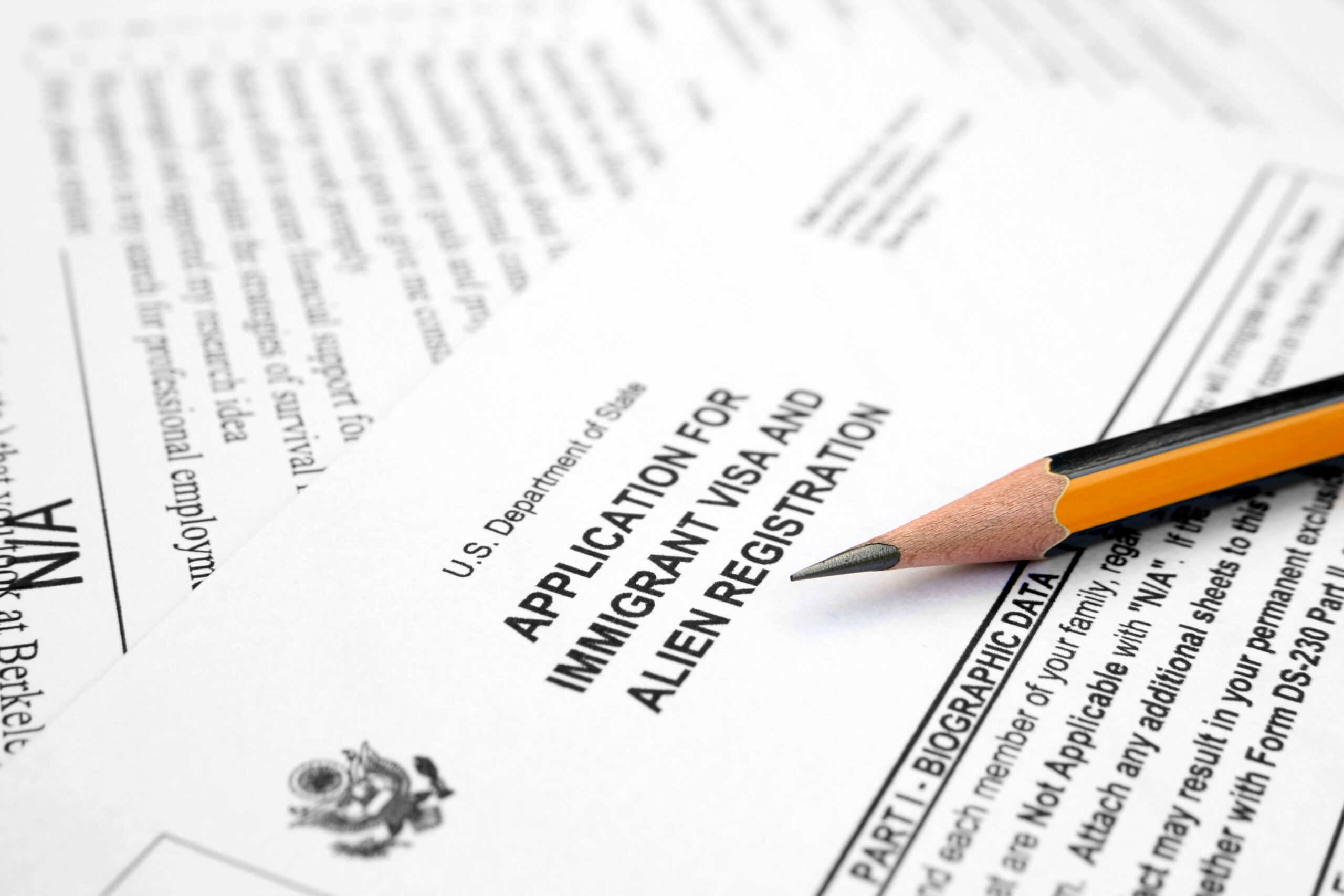On January 25, 2021, the U.S. Department of Homeland Security (DHS) withdrew its proposed rule that sought to eliminate the H-4 employment authorization document (EAD) program for eligible spouses of H-1B workers. The now-withdrawn rule, “Removing H-4 Dependent Spouses from the Class of Aliens Eligible for Employment Authorization,” was proposed and submitted to the Office of Information and Regulatory Affairs (OIRA) on February 20, 2019, largely in response to President Trump’s Buy American and Hire American Executive Order, which had emphasized the former administration’s focus on protecting American workers. At the time of its withdrawal, the proposed rule was under review by OIRA.
The Obama administration implemented the H-4 EAD program through the rulemaking process in 2015. The resulting final rule, entitled “Employment Authorization for Certain H-4 Dependent Spouses,” permits eligible H-4 spouses to engage in employment in the United States if the primary H-1B visa holder has reached certain milestones in the green card process. The rule was intended to allow families who were pursuing green card status—which can take years to obtain—to secure a second source of income while awaiting the approval of their U.S. permanent residency applications. At the time that the final rule was published, DHS estimated that “as many as 179,600 H-4 dependent spouses [would be] eligible to apply for employment authorization during the first year of [the rule’s] implementation” and “[a]s many as 55,000 H-4 dependents [would] be eligible to apply for employment authorization each year after the first year of implementation.”
In addition to withdrawing the proposed rule that would have eliminated the H-4 EAD program, the Biden administration has indicated that it may expand the H-4 EAD program to include other dependents in H-4 status. A provision to this end was included in the U.S. Citizenship Act of 2021, proposed legislation that President Biden sent to Congress for consideration on January 20, 2021.
Ogletree Deakins’ Immigration Practice Group will continue to monitor developments with respect to these and other policy changes and will post updates on the firm’s Immigration blog as additional information becomes available. Important information for employers is also available via the firm’s webinar and podcast programs.




